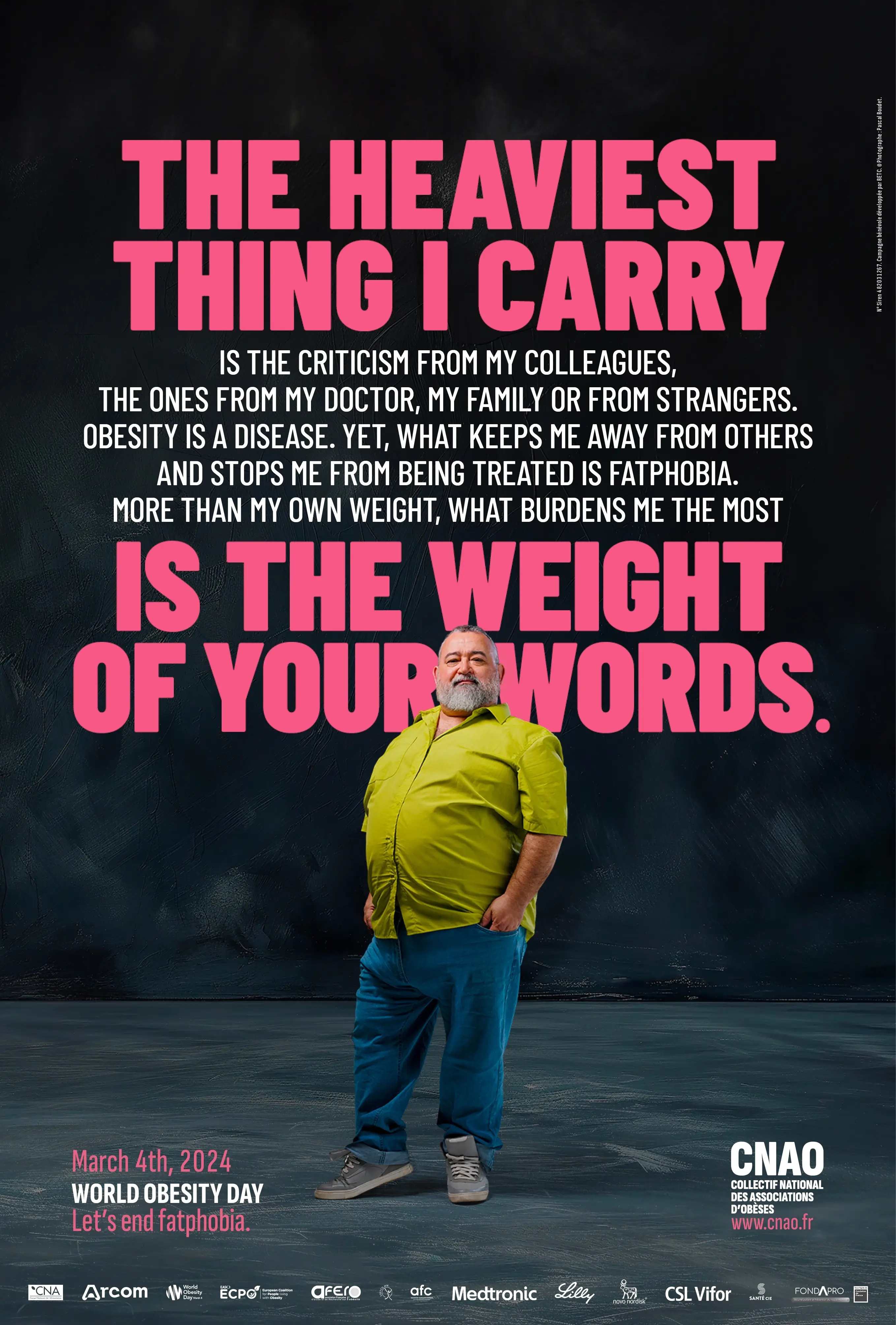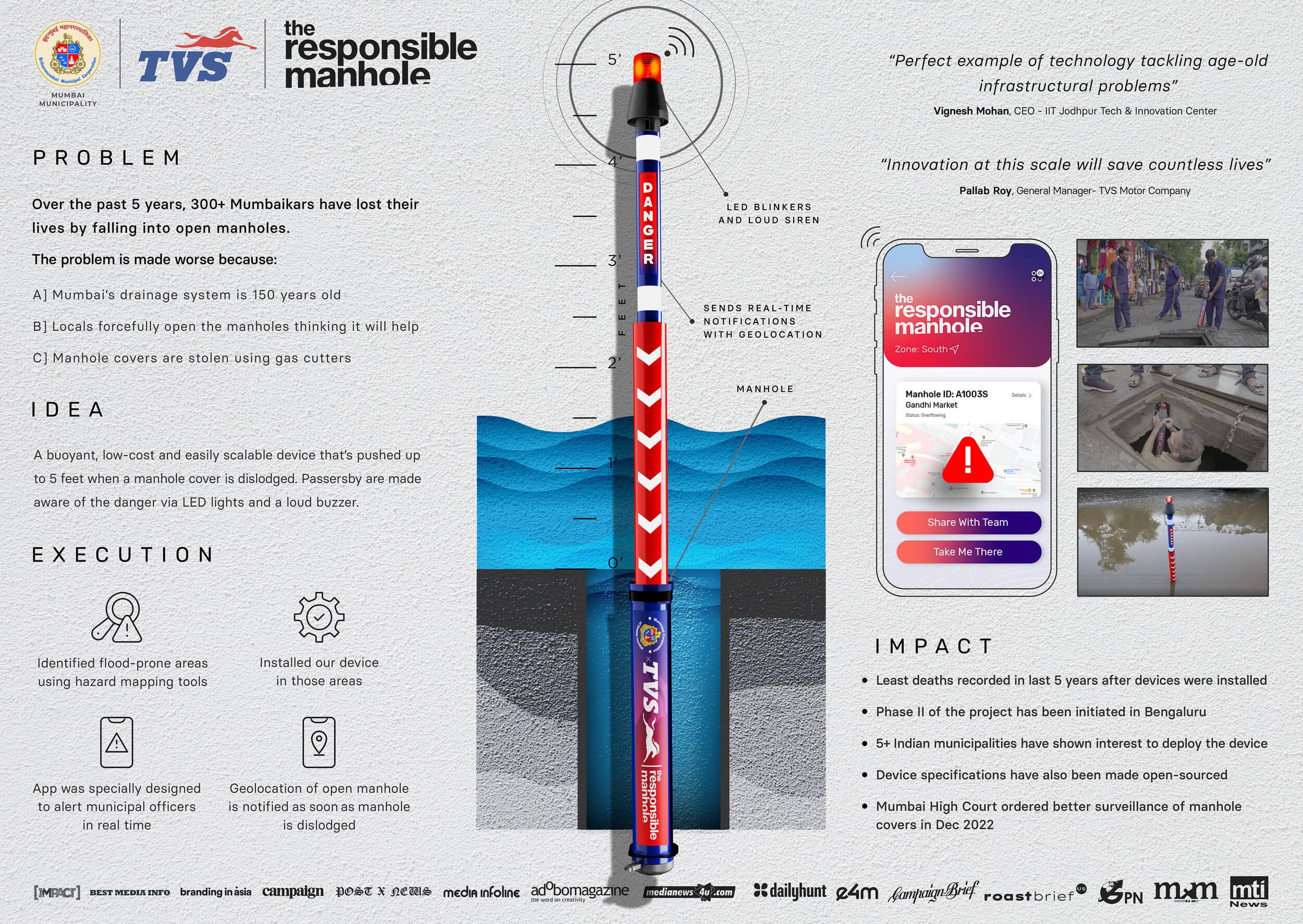From Silence to Support: How Re’equil is Powerfully Ending the Hidden Struggle of Postpartum Depression

It’s Time to End the Silence Around Postpartum Depression
Motherhood is often portrayed as a beautiful and joyful journey, but there is a quieter, often hidden side that many mothers experience—a side that involves struggle, isolation, and sometimes, deep sadness. In the shadows of this joyful expectation, postpartum depression (PPD) silently affects countless women in India. Yet, despite its widespread prevalence, it remains a battle that few are willing to speak about openly.
Postpartum depression doesn’t discriminate. Whether a new mother is surrounded by a large family or on her own, she can still feel an overwhelming sense of loneliness. This loneliness isn’t due to a lack of physical support but rather a deeper emotional disconnect. It is this silence, this reluctance to discuss mental health issues within families, that has allowed postpartum depression to continue unacknowledged for generations.
Why the Silence?
In Indian culture, motherhood is often viewed as a revered role. Women are expected to embrace it fully, with strength and grace. However, the pressures of these expectations can lead to emotional struggles being dismissed as weakness or something “every mother goes through.” As a result, mothers often keep their feelings hidden, fearing judgment or misunderstanding. Many new mothers may not even recognize they are dealing with postpartum depression, attributing their emotional turmoil to fatigue or adjusting to a new life with their baby.
The Impact of Generational Silence
When families don’t openly discuss the challenges of parenthood, it creates a cycle of silence. Mothers who suffer in silence may unintentionally pass down these same expectations to their daughters, leaving future generations just as unprepared to face the mental health struggles of motherhood. Breaking this cycle requires conscious effort, starting with acknowledging that postpartum depression is real, serious, and not something that should be dismissed.
Empowering the Next Generation
Ending the stigma around postpartum depression begins at home. Families need to foster open conversations about mental health and emotional well-being, especially during the transition into parenthood. By providing a supportive environment where mothers can share their struggles without fear of judgment, the next generation will be more empowered to confront these challenges head-on.
The silence surrounding postpartum depression in India needs to end. By speaking up, supporting one another, and creating awareness, families can make a lasting impact on how motherhood is perceived and experienced. Let’s ensure that future generations feel empowered, not burdened, as they navigate the joys and challenges of parenthood.
Conclusion: It Starts at Home
The first step to breaking the silence around postpartum depression is acknowledging that it exists and that it’s okay to seek help. Families play a crucial role in supporting mothers, and by fostering an environment of open dialogue and understanding, we can create a better future where no mother feels isolated or alone in her struggle. The journey to change starts now, within our own homes.
Credits
Advertising Agency: Cellar Door Productions
Brand: Re’equil
Campaign: Postpartum Depression
This campaign is about:
Silent Struggle of Motherhood, Mental Health in India, Breaking Generational Silence, Supporting New Mothers, Mental Health Stigma, Emotional Well-being, Indian Families and Mental Health, Maternal Mental Health, Overcoming Postpartum Depression, Challenges of Parenthood, Open Conversations about Mental Health, Empowering Mothers, Postpartum Depression in India, Parenthood Struggles, End the Silence, Family Support for New Mothers, Mental Health Support for Mothers, Breaking Stigma of Postpartum Depression.





